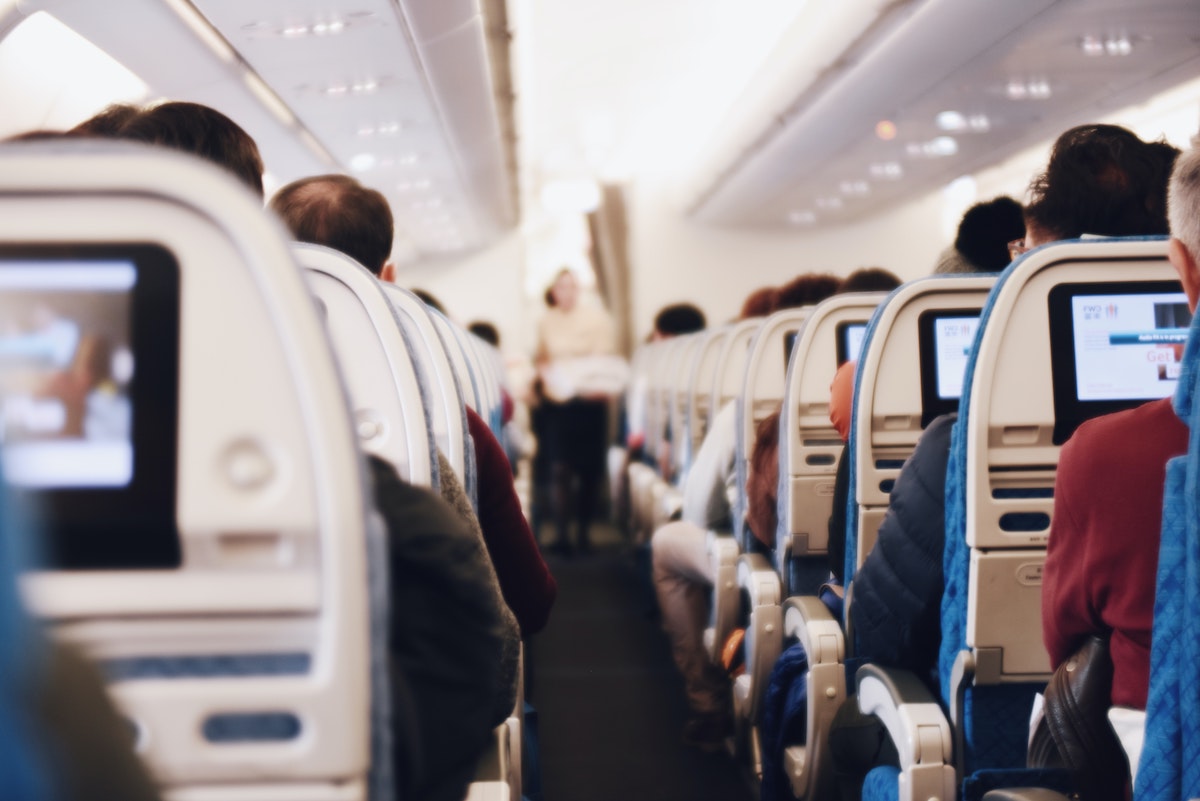Why Private Jet Rentals are the Future of Business Travel
In today’s fast-paced world, where time is money and convenience is paramount, private jet rentals are revolutionizing business travel. The global private jet market is booming, expected to reach $36.94 billion by 2028, highlighting the increasing demand for this luxurious mode of transport. The United States leads the world in private jet flights, accounting for nearly half of all global flights, with popular routes connecting major business and leisure destinations like London, Paris, and New York.
Without a doubt, flying on a commercial airline comes with its obstacles a lot of the time. Longer line-ups, geopolitical disruptions, volatile pricing, and operational ‘efficiencies’ have lowered customer service standards and reduced the return on experience. Private flights are the best option for those who demand time efficiency, productivity, greater confidentiality, superior customer service, and the finer things in life.
Private jet rentals offer unparalleled benefits such as significant time savings, enhanced productivity, and superior cleanliness, comfort, and luxury. They provide access to more airports than commercial flights, enabling quicker and more direct routes to your destination.
Additionally, private jets cater to specific needs with flexible baggage policies, pet-friendly options, and customizable culinary experiences, making them an attractive choice for discerning travelers.
Eric Sakawsky, CEO of Worldgo Travel Management, underscores the growing trend of private jet rentals in the corporate travel sector. He states, “Client demand for private jet rentals is no longer a once-in-a-blue-moon request; it’s one of the fastest-growing segments within the corporate travel sector. It boils down to faster, better, safer.”
Contents
- Increased Productivity
- Flying Private Saves Time
- Flexible Baggage Policies
- Access to More Airports
- Confidentiality
- Fewer Delays
- Superior Comfort & Luxury
Increased Productivity
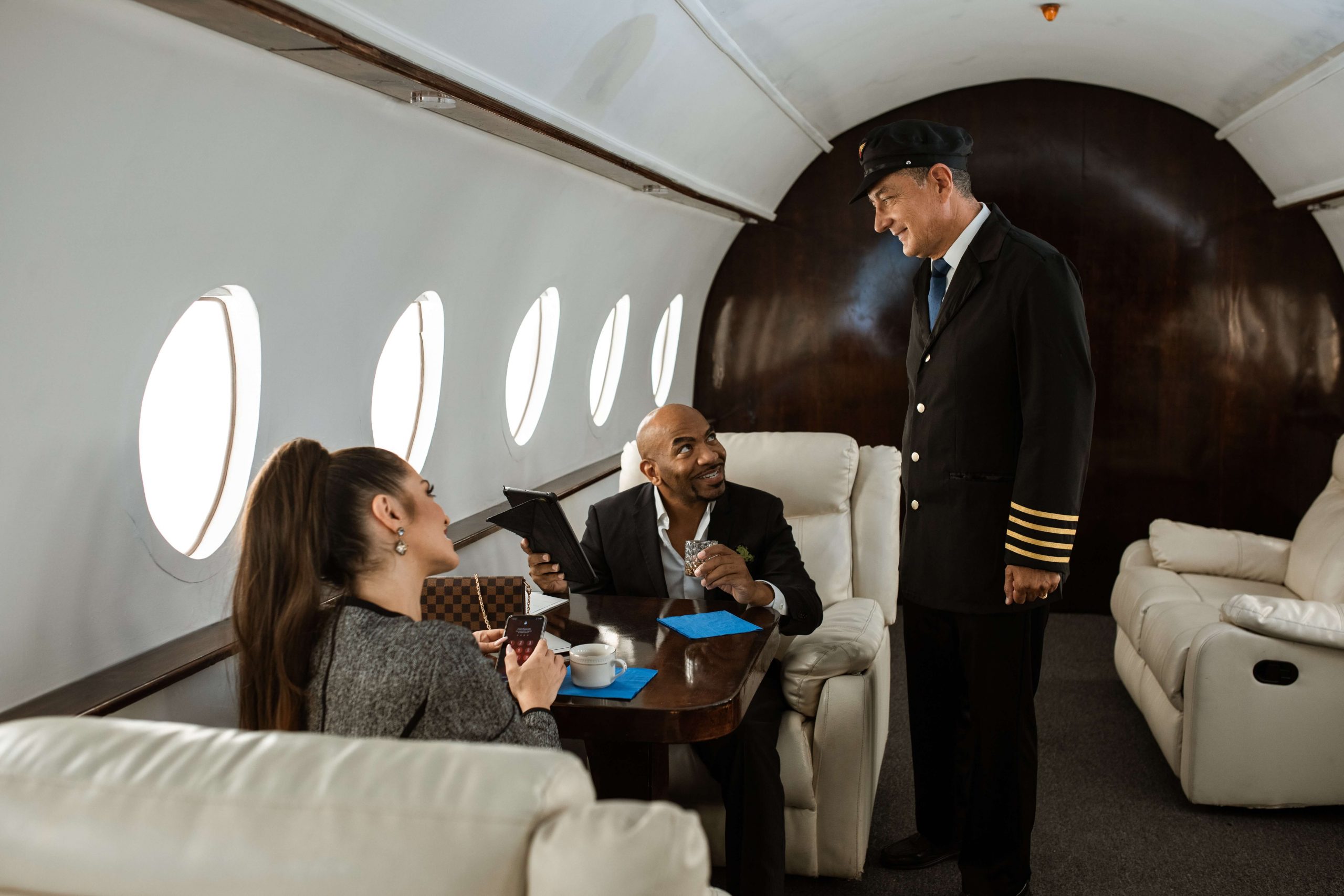
People fly in private jets for various reasons, one of which is for business. This is why the terms’ business aviation’ and/or ‘private aviation’ are frequently interchanged.
Working while in the air is a fantastic way to get things done and be productive.
Traveling by private jet rental is swift and efficient, offering a private and quiet space to get work done compared to traveling commercially. Whether it’s attending an important meeting, working on business initiatives, or simply needing time away from distractions, all of this can be achieved in the sky.
Business aviation boosts efficiency and the bottom line by providing a private, productive setting at 30,000 feet. Enjoy complete privacy for work, avoid distractions, and impress clients. Flying private saves time, allowing for more client meetings and site inspections, ensuring a worry-free and pleasant journey.
Flying Private Saves Time

Commercial flights can be a stressful experience. You must factor in security lines, overcrowding at airports, and long flight times and layovers. Commercial flights may save you money, but they also cost you time, which is more significant to many people than money.
With private jets, you can avoid all of the hassles and headaches. You may sit back, relax, and enjoy the flight while freeing up time for more important things. Within 15 minutes of arriving at the airport, you’ll be in the air. When compared to scheduled flight wait periods of up to two hours, this provides a significant time benefit.
Did you know that private jet rentals save its passengers a significant amount of time compared to commercial aviation, saving an average of 2 hours (127 minutes) every flight?
Flexible Baggage Policies
Most private aircraft have substantial baggage allowances, with far fewer restrictions on weight and size than commercial flights. Commercial airlines frequently charge additional fees for unusually sized items, such as golf bags or skiing equipment.
If you have various recreational interests that require specific equipment, such as skis, surfboards, etc., flying private would be in your best interest. Engineers, for example, may need to transport bulky and heavy equipment to their destination, and private aircraft may handle these requirements without additional fees or bother.
Another advantage of flying with a commercial airline is that your luggage is less likely to be lost. Thousands of commercial customers arrive at their destination daily without bags due to technological issues, airlines misplacing luggage, misconnecting flights, delays, and other factors.
When traveling privately, the chances of your luggage getting misplaced are nearly zero because you are always in close communication with the aircraft crew and may retrieve your bags as soon as you disembark the plane.
Access to More Airports
Another advantage of traveling by private jet is that you can go to smaller airports inaccessible to commercial airline trips. Private jet charters can land on runways that are shorter than those used by commercial airlines. Instead of landing at a congested commercial hub, you can pick which airport you wish to land at.
Passengers can fly more effectively since they can choose the best airport for their trip rather than the one that is nearest to them. This saves you time on the road and allows you to land closer to your destination.
Business jets can reach 5,000 airports in the United States alone, whereas commercial airlines only get roughly 500.
The number of airports accessible to private jets is many times greater than those accessible to commercial aircraft worldwide. This does not even contain all locations reachable by private helicopter flight!
The following are some fascinating instances of airports that are only accessible by private aircraft and not by commercial airlines:
- New York City’s (New Jersey) Teterboro Airport
- Los Angeles’ Van Nuys Airport
- Montreal’s Saint-Hubert Longueuil Airport
- Saint-Tropez’ La Môle Airport
- London’s Biggin Hill Airport
Fun Fact: The Cessna Citation Excel (Citation XLS and XLS+) is one of the most popular private jets in the U.S., known for its luxurious comfort and excellent range of around 2,100 nautical miles.
Confidentiality
Private aircraft charters are also popular with those who value privacy. There’s no way of knowing who will sit next to you on a commercial flight. Apart from the crew, you’ll be the only people on board, as the phrase “private jet travel” implies. This level of privacy is unrivaled by any other mode of air travel.
Furthermore, other passengers, especially young ones, may become loud or boisterous, making it impossible to do tasks and sometimes rest. Instead of focusing on what matters most, you may spend the entire flight in frustration.
For people who lead a quiet life or have a degree of personal fame, traveling privately is the only way to guarantee their privacy and anonymity.
Whether it’s a romantic retreat, a business trip, or a family vacation, everyone wishing for privacy in the air should consider flying private.
Fewer Delays
Commercial flights face frequent delays and fluctuating ticket prices, debunking the myth of last-minute deals. In contrast, private jet charters offer consistent pricing and on-demand availability. A private jet allows you to fly from Toronto to Miami and return the same day, avoiding extended travel and maximizing your productivity. This gets you home for dinner and back to the office bright and on time the next day.
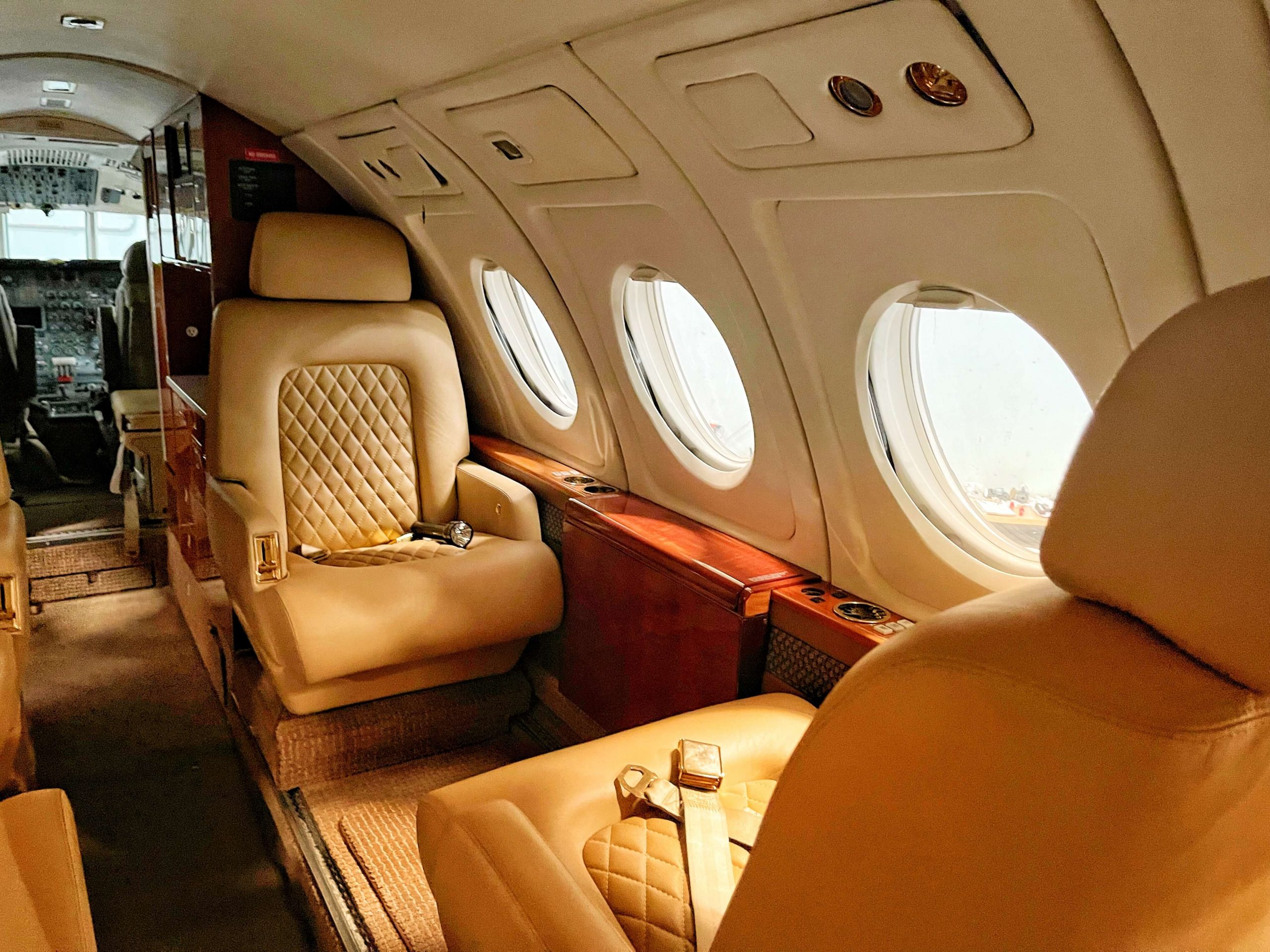
Superior Comfort & Luxury
Flying aboard a private aircraft offers unparalleled luxury and comfort. You can stretch out in your private space, enjoying more facilities and legroom than on a commercial flight. Private jets provide not only seclusion but also the ultimate in comfort and luxury.
Recline in comfort, sleep deeply, spend quality time with your family, or get work done without any strangers around. Avoid the dreaded middle seat and have as many comfortable seats as you need, with no one else seated next to you. This is especially beneficial for families or those who prefer privacy.
You can roam the cabin, relax on couches, or recline your seat to nap between destinations. Enjoy access to a galley with a minibar or extensive culinary options and an onboard entertainment system. Every detail is designed for maximum relaxation and comfort, including premium, personalized service.
Even your pets are treated like CEO’s
Pets can fly with their owners in style on private aircraft, which is an option for luxury tourists. When flying by chartered plane, most charter firms and operators allow you to bring your dogs along. Fly private and treat your faithful dog, cat, or other pet as if he or she were a true VIP.
Prioritize Efficiency and Travel Private
Traveling by private plane is a stress-free experience. There are no crowded places, long queues, noisy kids, middle seats, or off-putting washrooms. There’s no need to be concerned about anything other than traveling from point A to point B and doing so comfortably and conveniently.
Some Frequently Asked Questions About the Benefits of Private Jet Rentals
Can private jet rental help me save time?
Absolutely. Private jet rental eliminates the need to spend time in long lines at airports, and the flight can be scheduled to meet the needs of your schedule.
What makes private jet rental more comfortable than commercial flights?
Private jets offer a much more spacious and comfortable environment, with amenities such as private restrooms, comfortable seating, and even in-flight entertainment systems.
Is private jet rental more expensive than commercial flights?
The cost of private jet rental can vary depending on a number of factors, but it can often be more cost-effective in the long run when compared to the time and money spent on commercial flights.
What are the privacy benefits of private jet rental?
With private jet rental, you can enjoy a more private and secure environment, without the distractions and interruptions that can occur on commercial flights.
Can private jet rental help me avoid long security lines at the airport?
Yes, private jet rental allows you to bypass the long lines and security checks at commercial airports, saving you valuable time.
How can private jet rental improve my productivity while traveling?
With the comfort and privacy of a private jet, you can work more efficiently and effectively while in transit, allowing you to arrive at your destination ready to hit the ground running.
Can a private jet rental help me save money in the long run?
If you are someone where time is money, than yes, by reducing the time spent in transit and improving your productivity, a private jet rental could very help you save or make more money in the long run.
What are the benefits of private jet rental for international travel?
Private jet rental offers the added benefit of avoiding the long wait times and hassle of international commercial flights, as well as increased comfort and privacy.
Is private jet rental available for both US and Canadian business managers?
Yes, a private jet rental is available to both US and Canadian business managers, offering the same benefits and advantages to both countries.
How much does it cost to rent a private jet?
The cost of renting a private jet varies based on factors such as the type of aircraft, destination, and length of the trip. On average, a private jet rental in the US and Canada can range from $5,000 to $20,000 per hour.
How do I pick the right jet for my private flight?
To pick the right jet for your private flight, you should consider a number of factors such as your destination, number of passengers, budget, and any specific needs or preferences. If you want to learn more about how to choose the right private jet rental, you can talk to one of our corporate travel agents about all the benefits of flying privately. We’d be glad to help you.






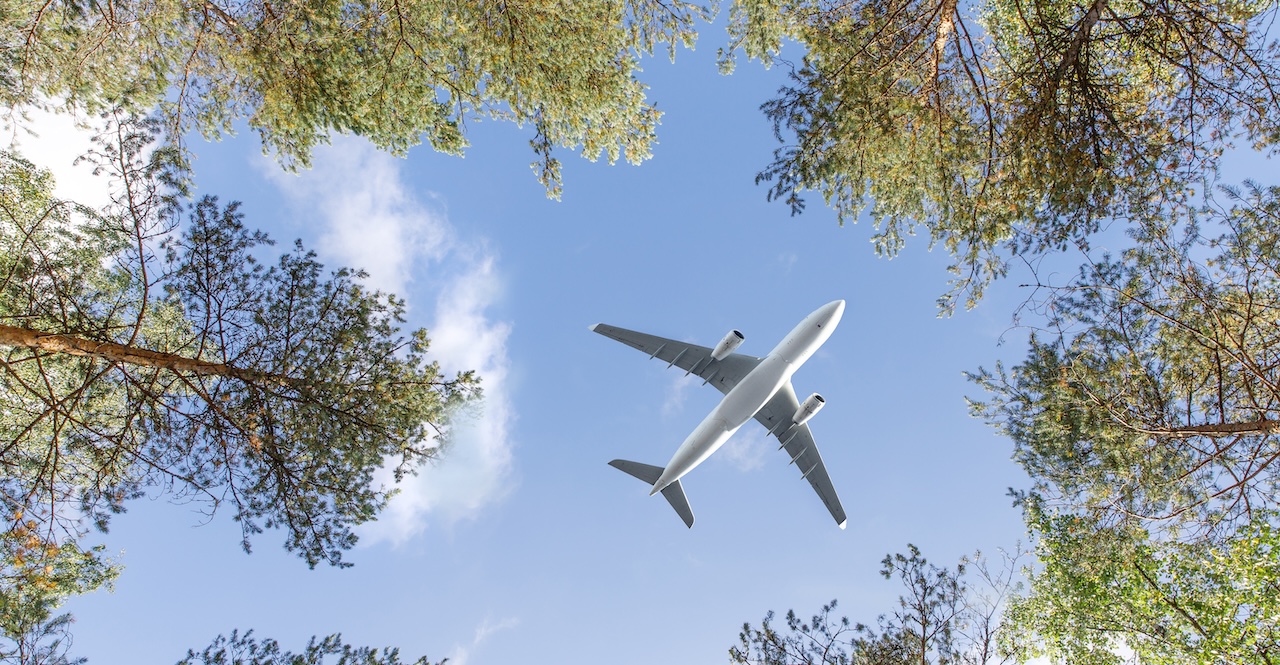







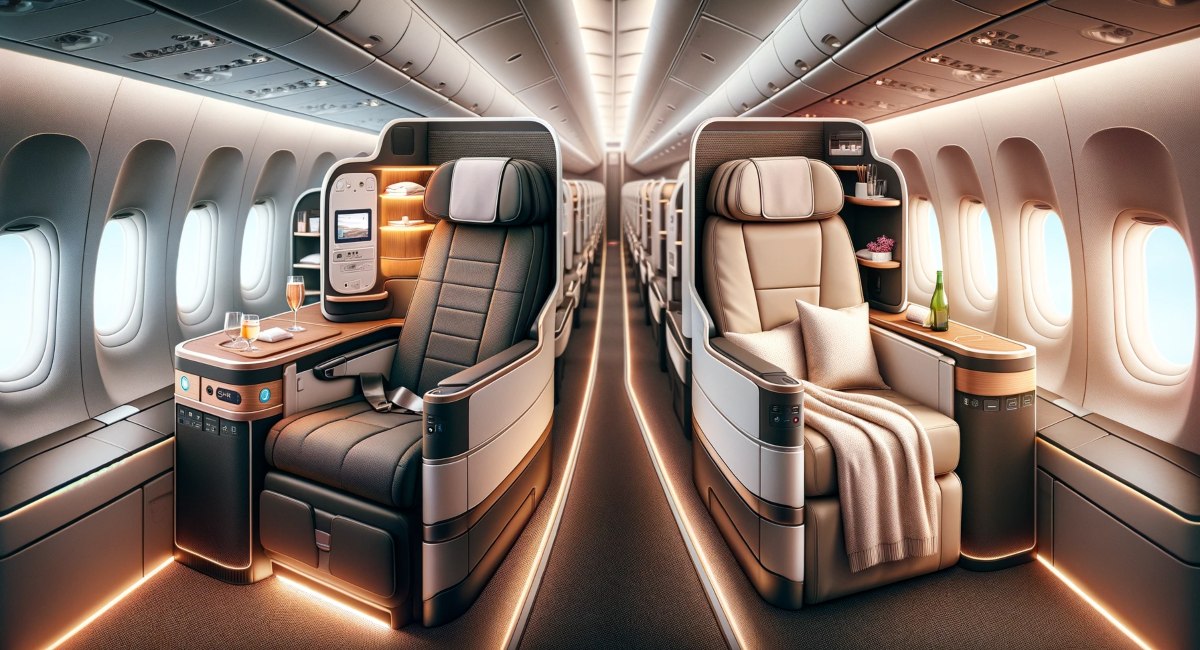

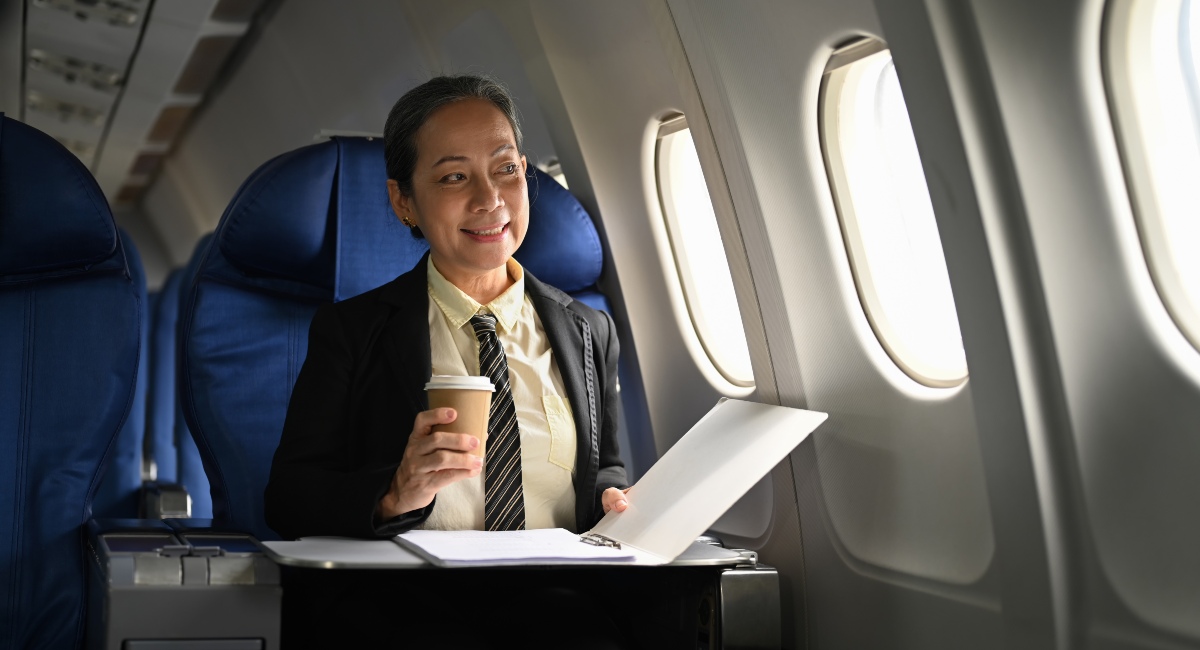


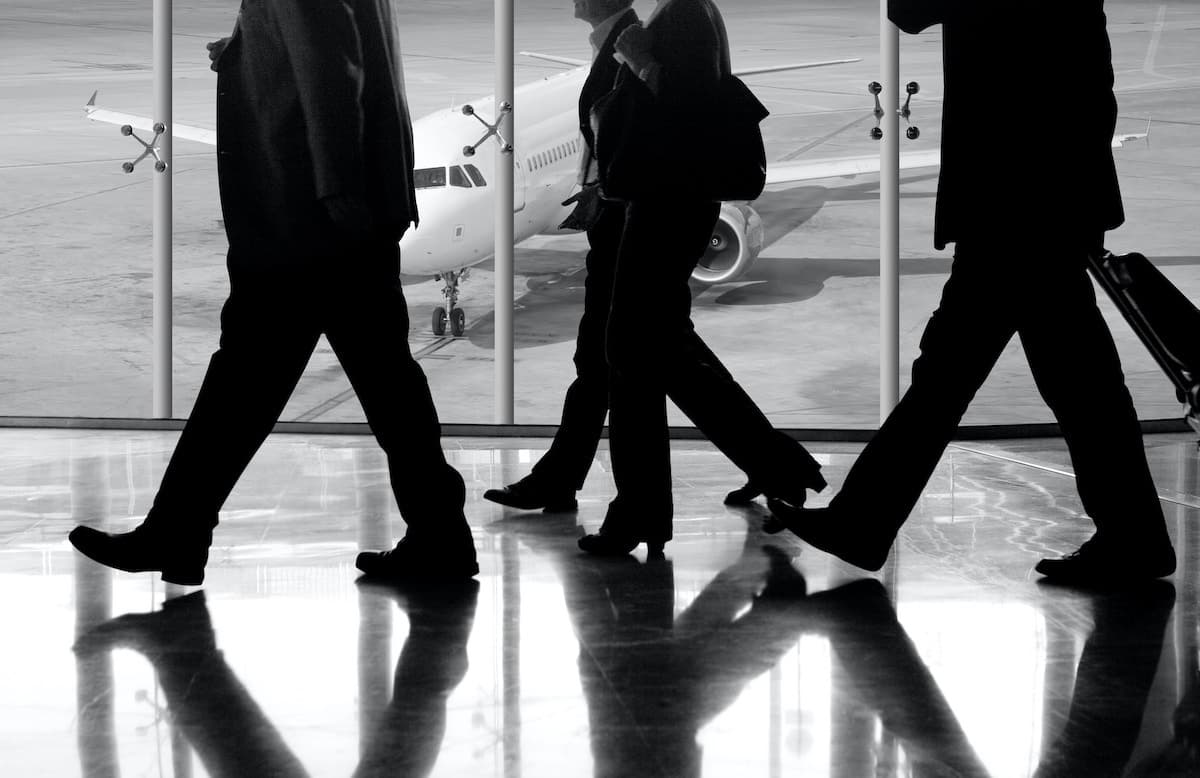





 A. User-friendly interface
A. User-friendly interface
